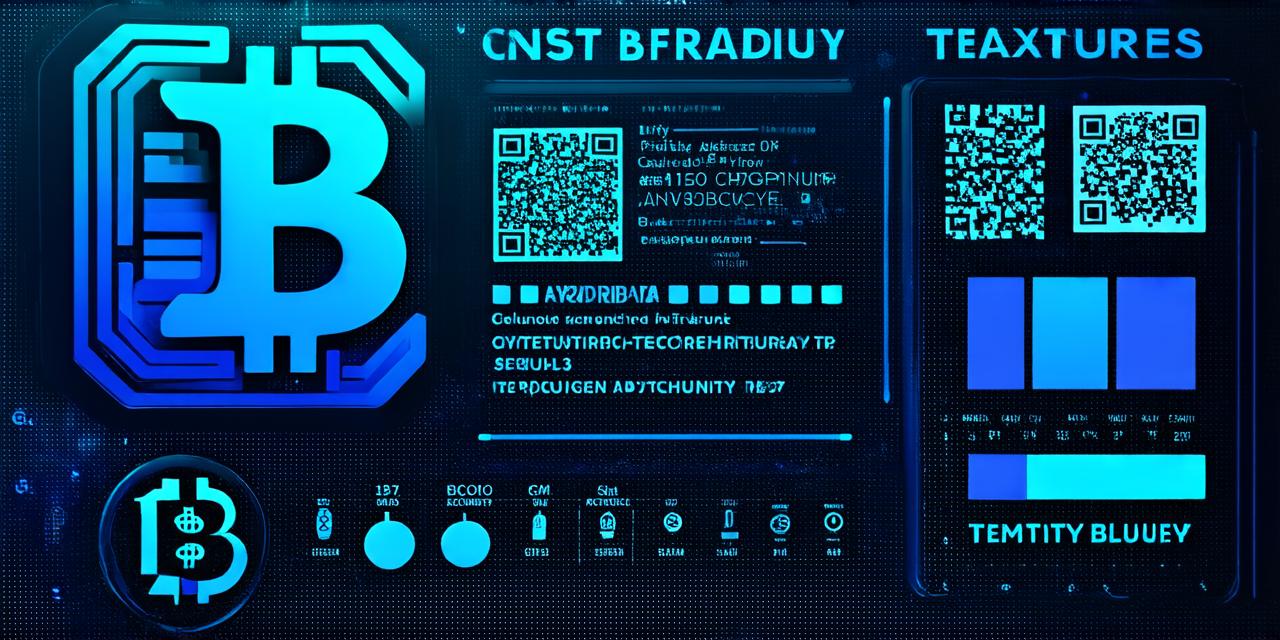Introduction:
Blockchain technology has been around for over a decade now and has gained significant traction in recent years. It is often associated with cryptocurrencies like Bitcoin, but its applications go beyond just digital currencies. In this comprehensive guide, we will explore what blockchain is, how it works, and the benefits it offers to developers. We will also cover some of the most common use cases for blockchain technology.
What is Blockchain?
At its core, a blockchain is a distributed ledger that records transactions in a secure and transparent manner. It is decentralized, meaning that there is no central authority controlling it, and it operates on a consensus mechanism, which ensures that all participants agree on the state of the ledger. Each block in a blockchain contains a list of transactions, and once a block is added to the chain, it cannot be altered or deleted.
History of Blockchain:
The concept of blockchain was first introduced in 2008 by an anonymous person or group of people using the pseudonym Satoshi Nakamoto. They proposed a decentralized digital currency called Bitcoin, which would use a peer-to-peer network to verify transactions and maintain a ledger of all transactions. Since then, blockchain technology has evolved significantly, with many other applications emerging beyond just cryptocurrencies.
How does Blockchain work?
A blockchain works by allowing multiple parties to share data securely and transparently. When a new transaction is proposed, it is verified by participants in the network to ensure that it meets certain criteria, such as having enough funds or meeting certain regulatory requirements. Once the transaction is verified, it is added to a block, which contains a list of all verified transactions. The block is then cryptographically secured and added to the chain.
Benefits of Blockchain for Developers:
There are many benefits of using blockchain technology for developers, including increased security, transparency, and immutability. Here are some of the most significant benefits:
- Security: Blockchain is highly secure due to its decentralized nature and consensus mechanism. Since there is no central point of failure, it is much more difficult for hackers to compromise the system. Additionally, each block in a blockchain contains cryptographic algorithms that ensure that data cannot be altered or deleted once it has been added to the chain.
- Transparency: All transactions on a blockchain are publicly visible and can be verified by anyone on the network. This ensures that there is no fraud or manipulation of data, and it also provides greater trust between parties.
- Immutability: Once a transaction has been added to a blockchain, it cannot be altered or deleted. This ensures that data remains accurate and unchanged over time.
- Smart Contracts: Blockchain enables the creation of smart contracts, self-executing agreements that automatically enforce the terms of the agreement once certain conditions are met. This can save developers significant time and resources compared to traditional contract negotiations.
Use cases for Blockchain technology:
Blockchain technology has many applications across various industries, including finance, healthcare, supply chain management, and more. Here are some of the most common use cases for blockchain:
- Cryptocurrencies: Bitcoin is the most well-known example of a cryptocurrency that uses blockchain technology. However, there are many other cryptocurrencies, such as Ethereum and Ripple, that have their own unique applications.
- Digital Identity: Blockchain can be used to create a secure and decentralized digital identity system that allows individuals to control their personal data. This can help prevent identity theft and ensure that personal information is only shared with trusted parties.
- Supply Chain Management: Blockchain technology can be used to track products from production to delivery, ensuring that all parties have access to the same information. This can help reduce waste, improve efficiency, and increase transparency in supply chain management.
- Voting Systems: Blockchain technology can be used to create secure and transparent voting systems that prevent fraud and ensure the integrity of the election process.
- Healthcare: Blockchain can be used to securely store and share medical records, ensuring that patient data is only accessible to authorized parties. This can help reduce medical errors and improve patient outcomes.

